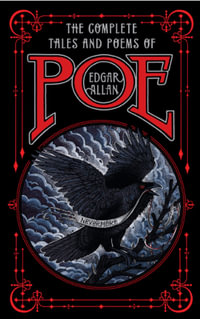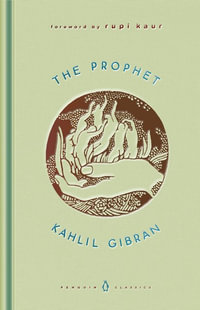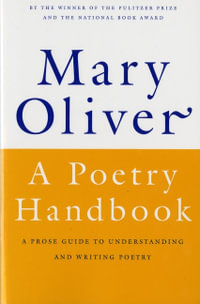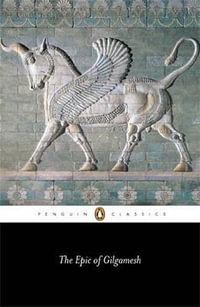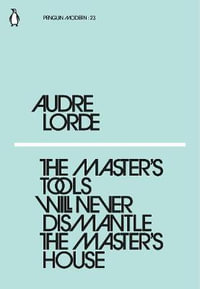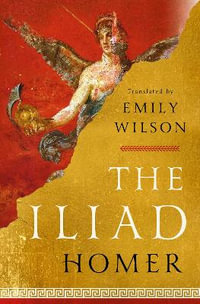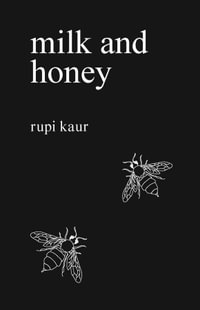
The Green Sea of Heaven
Eighty Ghazals from the Diwan of Hafiz
By: Hafiz, Iraj Anvar (Translator), Elizabeth T. Gray (Translator)
Paperback | 16 January 2025
At a Glance
Paperback
$56.50
Aims to ship in 15 to 25 business days
When will this arrive by?
Enter delivery postcode to estimate
Authoritative edition of Hafiz’s most important poems, including original Persian and brilliant English translations
Recent translations of Hafiz have been controversial. Omid Safi, an Islamic studies scholar at Duke, notes that “there are so many fake translations of Hafiz floating around, offering ‘versions’ that have no earthly connection to anything that the Persian poet and sage of Shiraz named Hafiz ever said. Elizabeth Gray offers us something different: poetic translations rooted in close readings of the original Persian, developed in consultation with a native speaker scholar.”
A “ghazal” is usually understood to mean lyric poetry concerned with love. But what had been a courtly love lyric concerned with wine and physical beauty became, in the hands of Sufis like Farid ud-Dín ‘Attar and Jalal ud-Dín Rumi, a way to describe a mystic’s relationship with God. Ghazals also became a means of veiling from theological and political conservatives the Sufi belief in the possibility of an intuitive, personal union with God.
Háfiz became the greatest of all Sufi poets, called the “Tongue of the Invisible” and the “Interpreter of Mysteries.” His command of the ghazal’s traditional imagery and themes blends eroticism, mysticism, and panegyric into verse of unsurpassed beauty. His eighty ghazals are presented in this book. Persian originals appear on facing pages to brilliant English translations of Gray and Anvar.
In the afterword, Persian scholar Daryush Shayegan notes how “there is no antagonism between the earthly wine and the divine wine, just as there is none between profane love and the love of God, since one is the necessary initiation to the other.”
Industry Reviews
"Achieves the almost impossible, rendering the virtually untranslatable Hafiz into beautiful and accurate poetry. There are so many fake translations of Hafiz floating around, offering 'versions' that have no earthly connection to anything that the Persian poet and sage of Shiraz named Hafiz ever said. Elizabeth Gray offers us something different: poetic translations rooted in close readings of the original Persian, developed in consultation with a native speaker scholar." -Omid Safi, Professor in the Department of Asian and Middle Eastern Studies at Duke University; author of Memories of Muhammad and Radical Love: Teachings from the Islamic Mystical Tradition
"This is a groundbreaking work, one that places the ghazal of Hafiz into a contemporary English poetic idiom. After too long a wait, we encounter Hafiz, come alive in an English style that is at once natural and intricate. This is a remarkable achievement." -Michael Sells, John Henry Barrows Professor of Islamic History and Literature in the Divinity School and in the Department of Comparative Literature at the University of Chicago; author of Mystical Languages of Unsaying and Approaching the Quran
"These are truly remarkable and moving translations: the first English versions of Hafiz to read as poetry while still capturing the unique qualities of concision, multivalent meaning and spiritual depth which have for centuries made his Persian ghazals the acknowledged masterpiece and exemplar of poetic art throughout the Eastern Islamic world." -James W. Morris, Professor of Islamic Studies in the Theology Department and Islamic Civilization and Societies Program at Boston College; author of The Reflective Heart: Discovering Spiritual Intelligence in Ibn 'Arabi's "Meccan Illuminations" and From the Qur'an to the Islamic Humanities
"Translating the untranslatable Hafiz is a most daunting project, one that Gray and Anvar have accomplished with considerable literary sensibility, grounded in their solid scholarly reading of the original Persian. These approachable, skilful English renderings will appeal to anyone seeking to understand Hafiz in the context of his medieval Muslim world." -Dominic Parviz Brookshaw, Professor of Persian Literature and Iranian Culture at the University of Oxford; author of Hafiz and His Contemporaries: Poetry, Performance and Patronage in Fourteenth-century Iran
ISBN: 9781958972359
ISBN-10: 1958972355
Published: 16th January 2025
Format: Paperback
Language: English
Number of Pages: 272
Audience: General Adult
Publisher: Monkfish Book Publishing Company
Country of Publication: GB
Edition Type: Bilingual edition
Dimensions (cm): 15.5 x 23.4 x 2.0
Weight (kg): 0.43
Shipping
| Standard Shipping | Express Shipping | |
|---|---|---|
| Metro postcodes: | $9.99 | $14.95 |
| Regional postcodes: | $9.99 | $14.95 |
| Rural postcodes: | $9.99 | $14.95 |
How to return your order
At Booktopia, we offer hassle-free returns in accordance with our returns policy. If you wish to return an item, please get in touch with Booktopia Customer Care.
Additional postage charges may be applicable.
Defective items
If there is a problem with any of the items received for your order then the Booktopia Customer Care team is ready to assist you.
For more info please visit our Help Centre.




